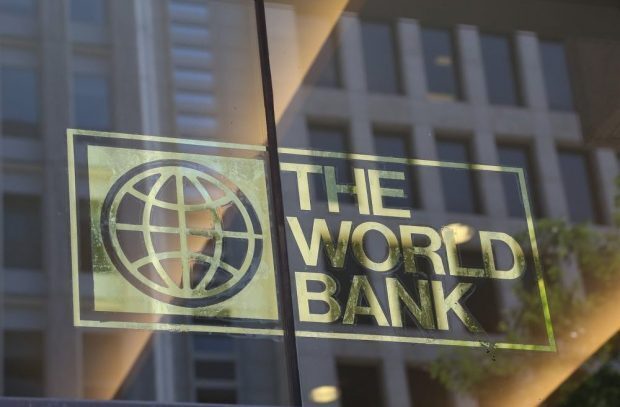
EU adopts new rules to significantly cut packaging waste with re-use targets
The European Union has formally adopted a regulation on packaging and packaging waste. The new ...

The World Bank expected growth rate in the Middle East and North Africa region to accelerate to a modest 2.4% in 2020, largely on higher investment and stronger business climates.
Among oil exporters, growth is expected to pick up to 2%, the World Bank said in its January 2020 Global Economic Prospects.
Infrastructure investment and business climate reforms are seen advancing growth among the Gulf Cooperation Council (GCC) economies to 2.2%.
Algeria’s growth is anticipated to rise to 1.9% as policy uncertainty abates and investment picks up.
Growth in oil importers is expected to rise to 4.4%.
Egypt’s growth is expected to rise to 5.8% in fiscal year 2020, supported by further improvement in private consumption and investment. Policy reforms and resilient tourism activity are expected to support a pickup in growth of Morocco and Tunisia to 3.5% and 2.2%, respectively, in 2020. For smaller oil importers, banking sector fragility and high public debt are significant constraints on growth.
Despite the projected growth acceleration, long-standing challenges, such as high unemployment rates among youth and women and high poverty rates in some countries, will remain.
As for the Sub-Saharan Africa region, the report said regional growth is expected to pick up to 2.9% in 2020, assuming investor confidence improves in some large economies, energy bottlenecks ease, a pickup in oil production contributes to recovery in oil exporters and robust growth continues among agricultural commodity exporters. The forecast is weaker than previously expected reflecting softer demand from key trading partners, lower commodity prices, and adverse domestic developments in several countries.
In South Africa, growth is expected to pick up to 0.9%, assuming the new administration’s reform agenda gathers pace, policy uncertainty wanes, and investment gradually recovers.
Growth in Nigeria expected to edge up to 2.1% as the macroeconomic framework is not conducive to confidence.
Growth in Angola is anticipated to accelerate to 1.5%, assuming that ongoing reforms provide greater macroeconomic stability, improve the business environment, and bolster private investment.
In the West African Economic and Monetary Union, growth is expected to hold steady at 6.4%. In Kenya, growth is seen edging up to 6%.
Meanwhile, the report said global economic growth is forecast to edge up to 2.5% in 2020 as investment and trade gradually recover from last year’s significant weakness but downward risks persist.
Growth among advanced economies as a group is anticipated to slip to 1.4% in 2020 in part due to continued softness in manufacturing. Growth in emerging market and developing economies is expected to accelerate this year to 4.1%. This rebound is not broad-based; instead, it assumes improved performance of a small group of large economies, some of which are emerging from a period of substantial weakness.
About a third of emerging market and developing economies are projected to decelerate this year due to weaker-than-expected exports and investment.
“With growth in emerging and developing economies likely to remain slow, policymakers should seize the opportunity to undertake structural reforms that boost broad-based growth, which is essential to poverty reduction,” said World Bank Group Vice President for Equitable Growth, Finance and Institutions, Ceyla Pazarbasioglu. “Steps to improve the business climate, the rule of law, debt management, and productivity can help achieve sustained growth.”
The European Union has formally adopted a regulation on packaging and packaging waste. The new ...
Inaugurating the Abydos Solar Power Plant in the Upper Egypt governorate of Aswan represents a ...
Businesses that fail to adapt to climate risks like extreme heat could lose up to ...


اترك تعليقا